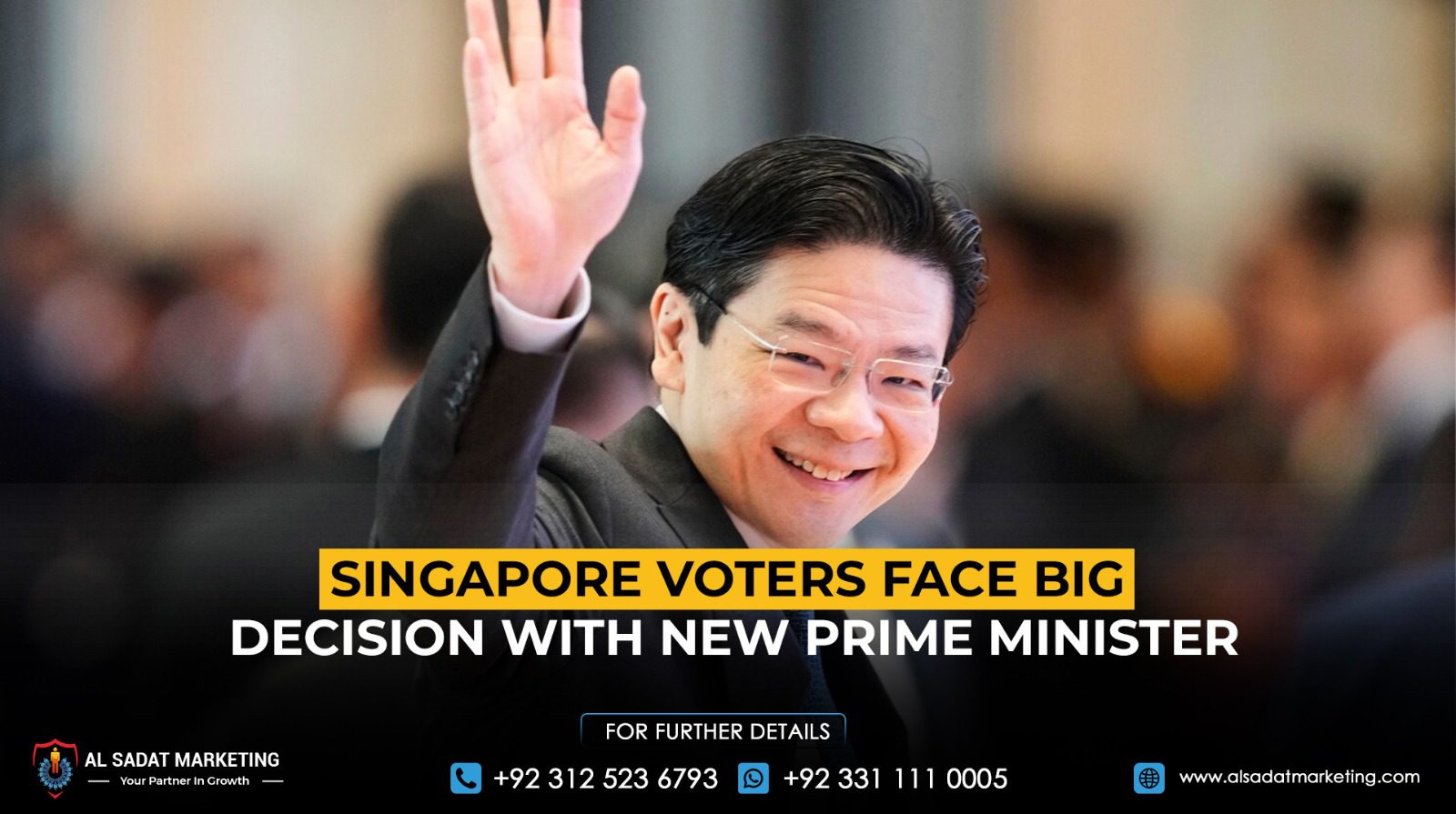Singaporeans headed to the polls on Saturday in a pivotal general election that marked the first major political test for Prime Minister Lawrence Wong since taking over from former leader Lee Hsien Loong. With the People’s Action Party (PAP) aiming to maintain its long-standing dominance in Singapore’s parliament, the election unfolded amid growing economic concerns and rising political engagement from younger voters.
Wong, who rose to prominence during his leadership of Singapore’s Covid-19 task force, emphasized the importance of securing a strong mandate to navigate ongoing economic turbulence. He cited the lingering impact of global trade tensions, including tariffs initially introduced by former US President Donald Trump, as key risks for Singapore’s trade-dependent economy. In his final campaign address, Wong urged voters to back stability and foresight, highlighting the need to keep Singapore competitive in a volatile global landscape.
Also Read: How to Create a Culture of Innovation in Any Organization
The PAP, a political institution that has steered Singapore’s development since its separation from Malaysia in 1965, faced a reinvigorated opposition. Chief among them was the Workers’ Party (WP), which has built on its 2020 electoral gains when it secured 10 out of 93 parliamentary seats. This year, the WP campaigned with a roster of high-profile candidates and drew significant crowds to its rallies, hoping to ride a wave of public discontent over rising living costs and a recent goods and services tax hike.
Despite the PAP’s deep-rooted influence, political observers noted a shift in sentiment, particularly among younger voters. Analysts highlighted that while Singaporean elections typically focus on domestic issues, economic pressures like inflation and housing affordability have the potential to sway public opinion. Voters such as Muhammad Nazri, 25, pointed to challenges in the public housing system, while others expressed a desire for a more diverse and representative political landscape.
Political analysts from think tanks such as BowerGroupAsia suggested that the PAP is still largely perceived as a stabilizing force during uncertain times, but acknowledged that the electorate’s expectations are evolving. Commentators also noted that any gains by opposition parties, even incremental ones, would signal a shift in the political tide and reflect a maturing political landscape.
With around 2.75 million registered voters choosing representatives for 97 seats in Singapore’s unicameral parliament, voter turnout and constituency-level outcomes were being closely watched. Early indicators suggested that while the PAP was expected to retain a clear majority, its dominance was being tested more than ever before by a politically conscious and increasingly vocal electorate.










